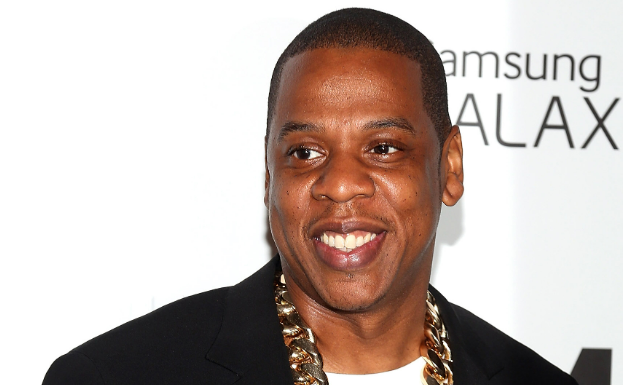Los Angeles County Superior Court Judge Mark H Epstein dismissed a lawsuit filed by rap mogul Shawn “Jay-Z” Carter against Houston attorney Tony Buzbee, dealing a significant blow to the hip-hop icon.
The case, accusing Buzbee of extortion and defamation, stemmed from a controversial civil lawsuit alleging that Jay-Z and Sean “Diddy” Combs raped a 13-year-old girl at a New York party in 2000.
The legal battle began when Buzbee filed a civil lawsuit on behalf of the woman, Jane Doe, claiming she was assaulted by Jay-Z and Combs.
Jay-Z denied the allegations, calling them a “blackmail attempt” and countersuing Buzbee for extortion, defamation, and intentional infliction of emotional distress.
Failure to prove actual malice
Jay-Z’s lawsuit, filed by attorney Alex Spiro, alleged that Buzbee’s November 2024 demand letters and public statements, including a social media post labelling Doe a “sexual assault survivor”, were designed to extort money and tarnish his reputation.
In a 65-page ruling, Epstein granted Buzbee’s anti-SLAPP motion, which protects free speech, dismissing Jay-Z’s claims.
On the extortion claim, Epstein wrote: “Selling silence to law enforcement for money is extortion, but there is no promise of silence in the criminal context here.
“And selling silence for money in the civil context is not extortion; it is a settlement with a non-disclosure element.”
He ruled that Buzbee’s demand letters were legitimate settlement negotiations, not extortionate threats.
For the defamation claim, Epstein found that Jay-Z failed to prove “actual malice.”
He stated: “An average listener would believe that Buzbee’s statements truthfully implicated Carter as a rapist. [But] the court cannot conclude that the statements were made with ‘actual malice’.”
Court dismisses defamation claims
This means Buzbee did not knowingly spread false information. The judge also dismissed four defamation claims.
“Those statements did not identify a celebrity of Carter’s stature. The statements talked about banks or other entities that enabled Diddy as opposed to other celebrities,” said Epstein.
A pivotal piece of evidence was a recorded conversation where Doe allegedly said Buzbee “pushed” her to name Jay-Z.
Epstein ruled this inadmissible, stating: “The situation would change … if the investigators’ declarations as to the conversation with Doe were admissible for the truth … there would be some evidence that Buzbee knew it.”
He noted Doe’s statements may have been influenced by pressure from investigators, adding: “It was in Doe’s interest to go along with the investigators here because that way she would not be sued for malicious prosecution.”
The accuser withdrew her lawsuit against Jay-Z and Combs in February, citing fear of retaliation from Jay-Z’s fans.
Buzbee denied coercing her, telling ABC News: “The suggestion that I pushed my client to sue Jay-Z is a blatant lie.”
Possibility of an appeal
Epstein expressed unease with his ruling.
“The court is not wholly satisfied that this is the outcome that best serves the legislative and constitutional doctrines … stay tuned,” he wrote, hinting at an appeal.
Spiro vowed to challenge the decision, arguing it misapplied California law.
Amid Combs’ ongoing sex trafficking trial, Jay-Z faces no criminal charges but endures public scrutiny.
The ruling raises questions about defamation lawsuits in sexual assault cases, with New York’s proposed Speak Your Truth Act looming as a potential influence.
A separate lawsuit by Jay-Z against Buzbee remains active, ensuring the legal saga continues.



